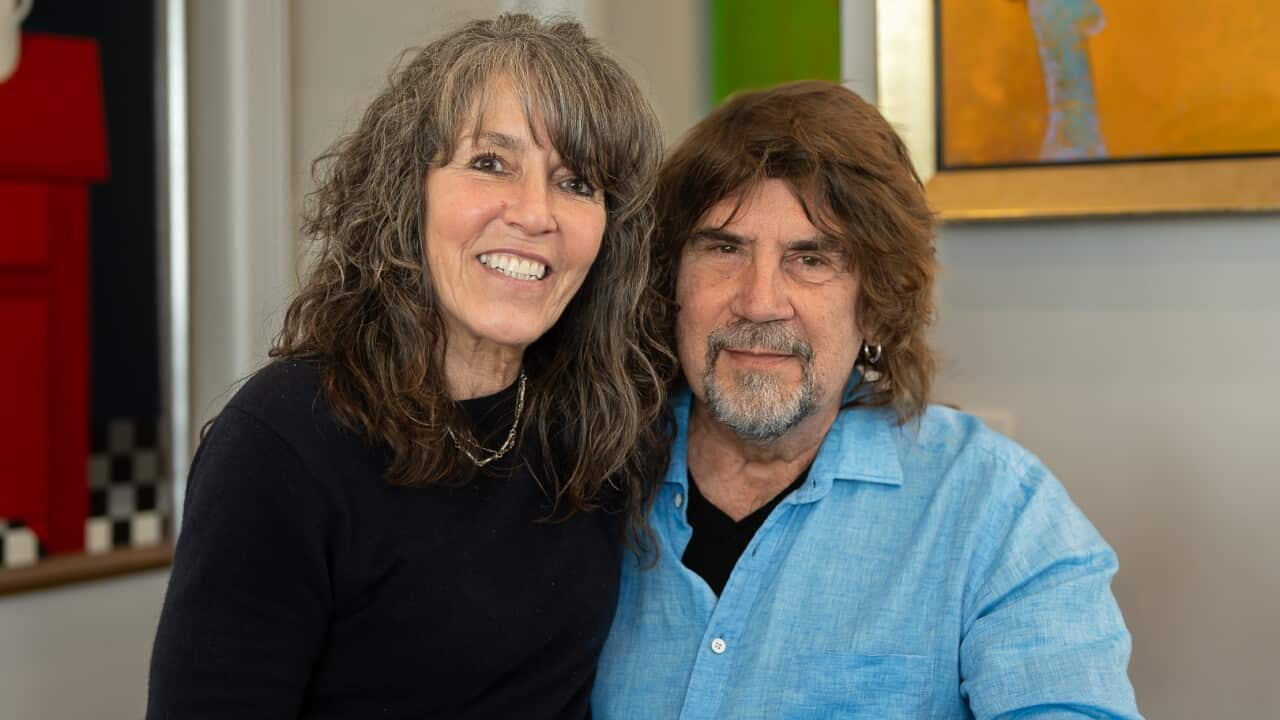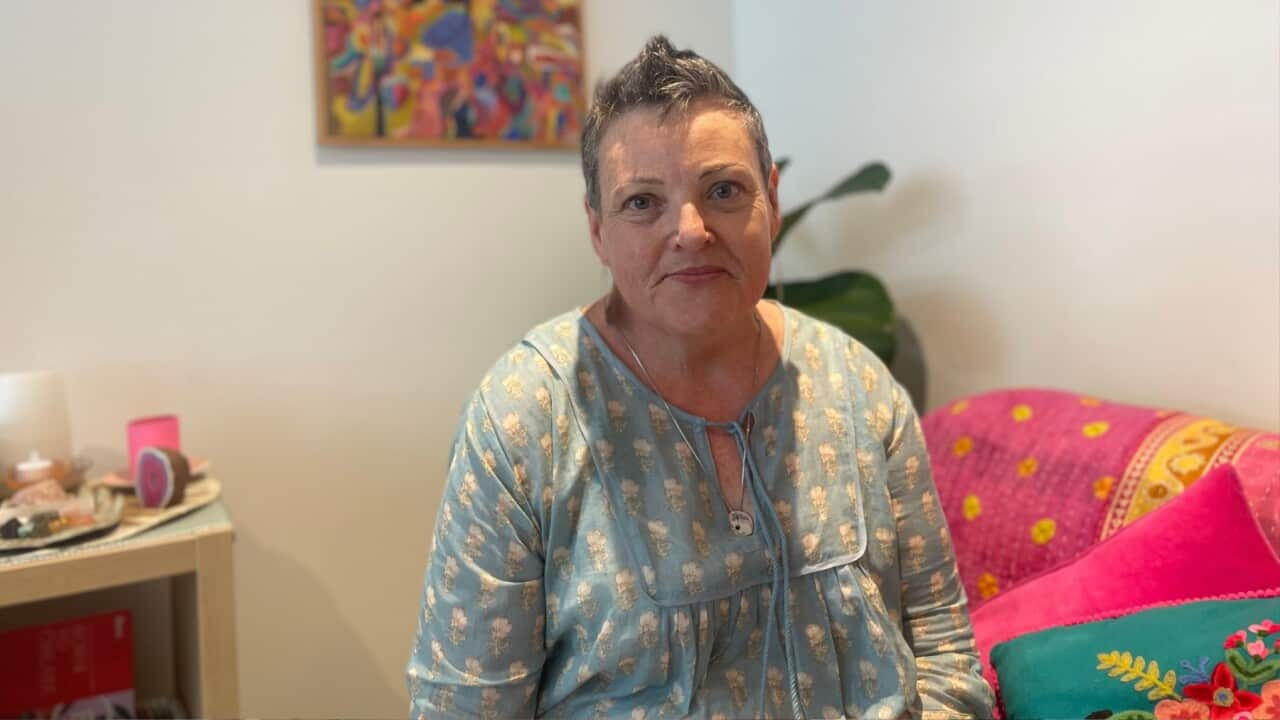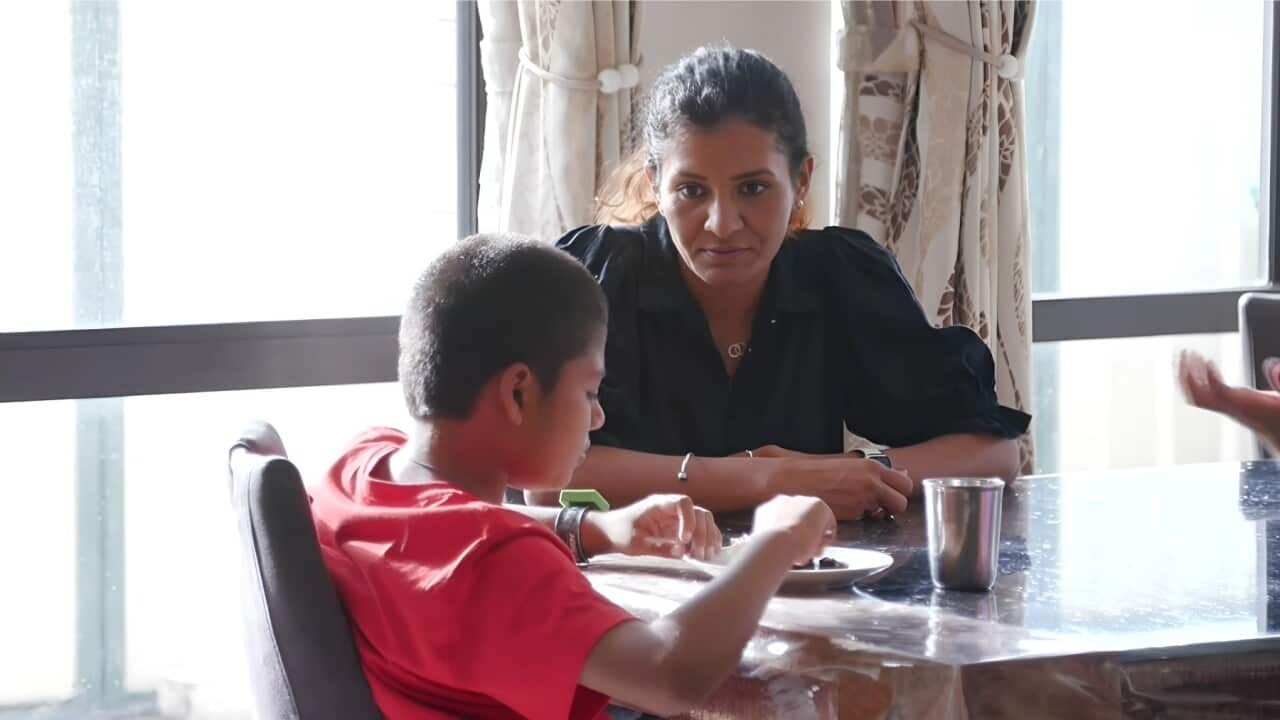TRANSCRIPT
Sixty-five year old Barry Pescosta knew around 20 years ago that he had issues with his prostate gland but he didn't think it was a big deal.
That's until he started having to run to the bathroom frequently because of Benign Prostatic Hyperplasia, also known as an enlarged prostate.
"What forces you to actually make a decision is that you cannot wee any more, and then they have to put a catheter in. There's a lot of suffering up that happens until then. For instance, we would go to a restaurant and I would go to the bathroom maybe ten times and everyone else at the table never went at all. And then getting from the table to the bathroom was like a race. You have to have a map to every toilet in the town and it also affects sexual function when it gets very large."
Prostate glands are part of the male reproductive and urinary system and a healthy one is usually around the size of a walnut.
Professor Helen O'Connell is an Officer of the Order of Australia for her pioneering research work into urological conditions in both women and men.
She is also Australa's first female urological surgeon and president of the Urological Society of Australia, as well as a professor at Melbourne University.
She says running to the bathroom, or urge incontinence, is a common symptom of an enlarged prostate.
"Difficulty getting to the bathroom in time, a really bothersome system that can affect their quality of life, affect their social functioning, work as a professional because they have to be aware of where toilets are. And it affects their confidence and its a pretty embarrassing problem."
A survey of just over 1,000 men aged 50 and older carried out in July by YouGov for Boston Scientific found only one third of the men interviewed reported having an enlarged prostate.
And they underestimated how many men have problems, with half believing that an enlarged prostate affects around three in ten men.
Professor O'Connell says the real figure is five out of every ten men.
"About 15% of men with severe problems are actually seeking a diagnosis so about 50% of those with problems are not actually getting help. As many as 60 per cent of those with bad problems have urgency and even urge incontinence."
GP Dr Ethan Salleh knows the problems with urge incontinence or having to run to the bathroom frequently.
He also suffered from an enlarged prostate.
"In my mid 50s I began to experience what we call nocturia, or having to wake up multiple times in the middle of the night to go to the toilet. I also found my urine steam was weak relative to what they were when I was a younger person. I found I was not able to hold my urine in so I had to run and find a toilet very quickly. So these are the signs of Benign Prostatic Hyperplasia."
Dr Salleh says men from migrant backgrounds and other culturally diverse groups often feel too ashamed or shy to ask for help.
"Definitely culture has a part to play in it. Coming from a first-generation migrant background myself, I know that my family members who migrated here earlier on, they are very reticent in talking about things pertaining to the private parts if you like, so they tend not to talk about it and to suffer in silence.”
He also sees gender diverse patients, including trans women, who he says also need to have their prostate's checked.
"Even if you have gone through gender affirmation medical therapy because the prostate is still there it still can become enlarged. So people born with prostate should also get themselves checked and speak to their GP if they are experiencing any symptoms."
As for Barry Pescosta, he is recovering after having an operation for his enlarged prostate in May.
He's urging men to come forward for a health check before it's too late.
"Initially I went when I was young and I was blown away by the fact that I had a large prostate - you don't expect that when you're young. Then I didn't go for a long time after that because I didn't want to face it. Then as my symptoms got graduallly worse I went again and released that my prostate was as large as a softball, which is very large. Then it was just a countdown until I had to have the operation."
Barry's wife, Dina Pescosta, wants more publicity and more men's clinics opened to encourage them to get help, like the big campaigns encouraging women to have checks for breast and cervical cancer.
"And men have a bad habit of putting things off, they don't want to hear the bad news. I think women are much more proactive in that regard, you know, they want to find out what's going on. You have a lump, you don't leave it, you sort it out, so yes, anything like that. So yes, I did encourage him to go to the doctor, but like I say were very lucky that we were under very good supervision from very early on, which is a relief."
If left untreated, an enlarged prostate gland can lead to urinary tract infections, kidney stones and kidney damage.













